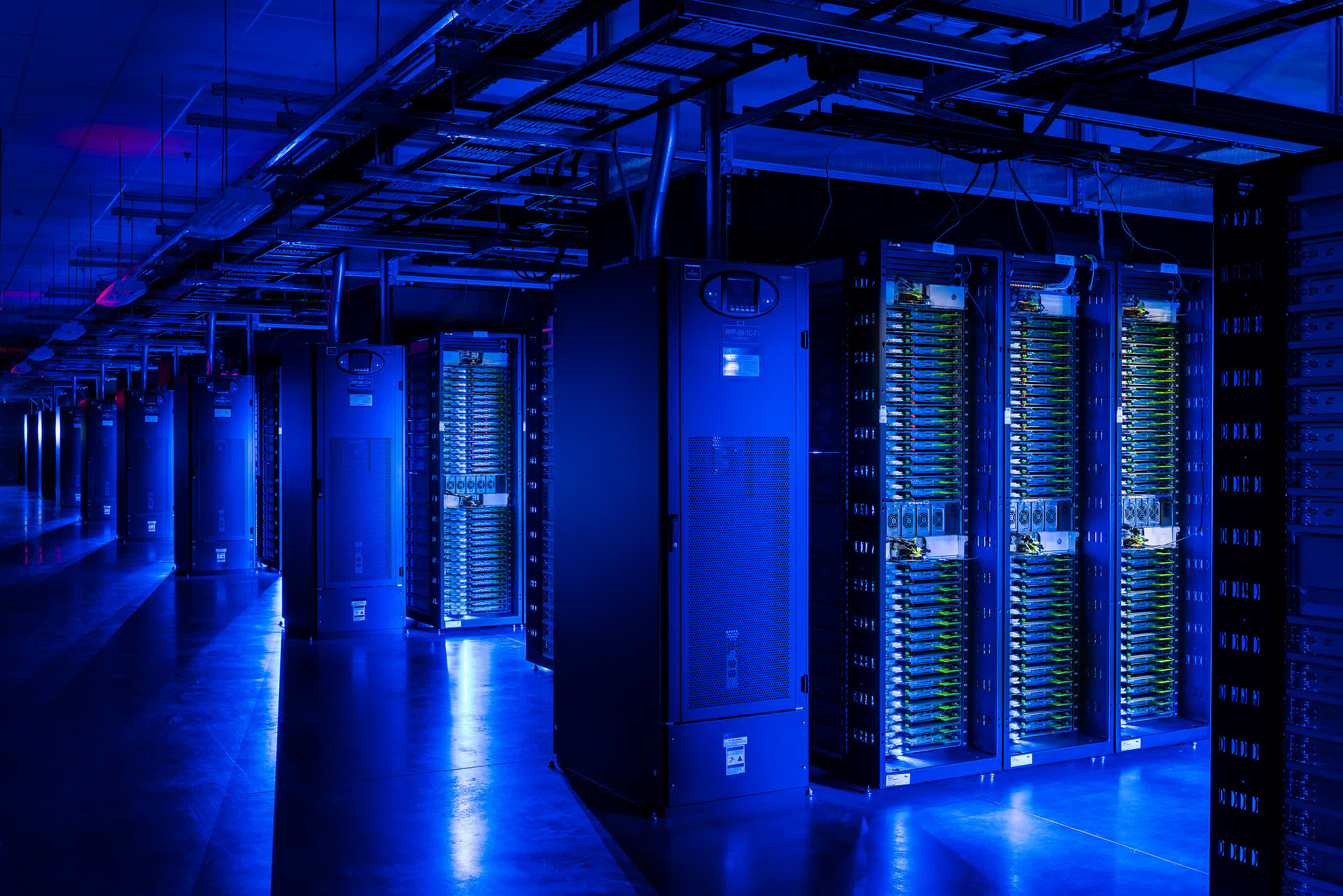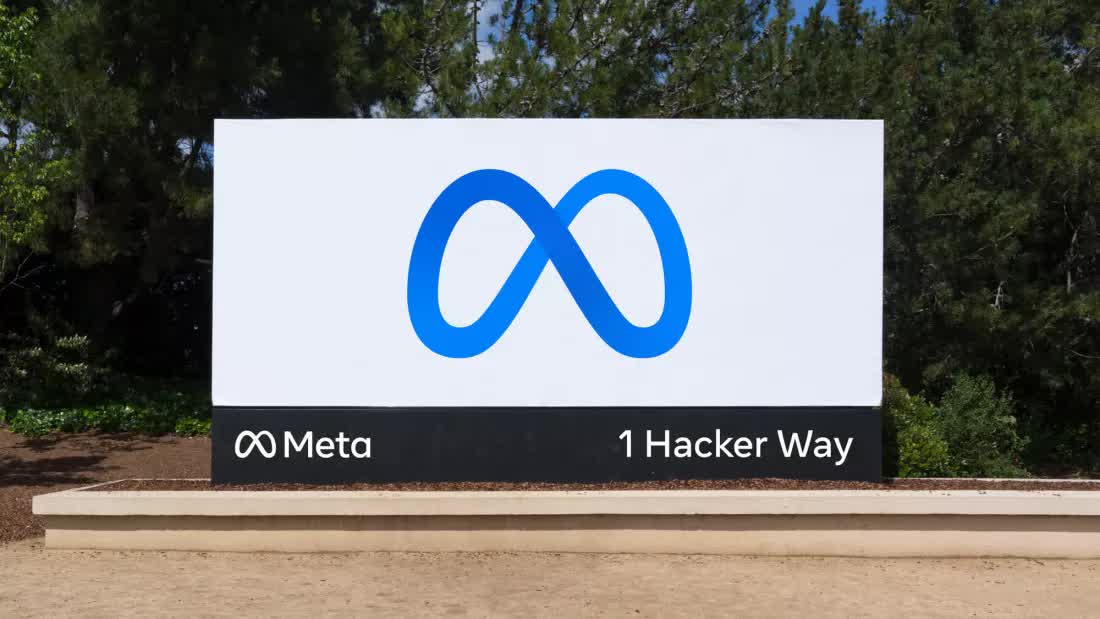Forward-looking: Concrete is undoubtedly one of the most frequently used building materials in the world. Known for its durability and sustainability, the compound can be subject to failure due to factors such as erosion and disintegration, which directly affects its overall strength. Researchers from the University of Illinois have teamed up with Meta AI to develop an artificial intelligence to create, refine, and test new formulas resulting in higher concrete strengths while simultaneously lowering carbon requirements.
The Meta team worked with Professors Lav Varshney and Nishant Garg from the University of Illinois to conduct the initial model's training using the Concrete Compressive Strength data set. The data set, which includes more than 1,000 formulas, their attributes, and corresponding strength data, provided the basis for reviewing the new mixture's properties according to the Cement Sustainability Initiative's tools and standards.

The team's research resulted in the selection of several potential formulas that would undergo further review, testing, and refinement until they surpassed standard strength metrics while dropping carbon requirements by up to 40%. This reduction is no small feat and represents a significant decrease in the material's overall carbon footprint. The billions of tons of concrete produced worldwide can account for up to 8% of the world's annual global CO2 emissions.
Concrete typically consists of cement, aggregate, water, and other agents known as admixture. Of the four, cement typically represents the most carbon-intensive ingredient of the mixture. The ability to train the AI greatly accelerates the ability to test and review the use of other aggregates and ratios capable of attaining the desired compound properties while using less cement.

The advancements in concrete formulation represent one more real-world application for artificial intelligence and machine learning platforms, which have already proven beneficial in solving many of today's challenges. Last year, scientists from Harvard and Nvidia teamed up to develop deep learning toolkits to increase the overall efficiency in rare and single-cell experiments. Sony AI's FlavorGraph, which was developed following Google Cloud AI's guest appearance on the Great British Bakeoff, uses information at the molecular level to identify and map ingredient pairings. As technology advances, it's likely we'll see AI contributing to more and more of our daily lives and the world around us.
Image credit: Stone computer by anaterate
